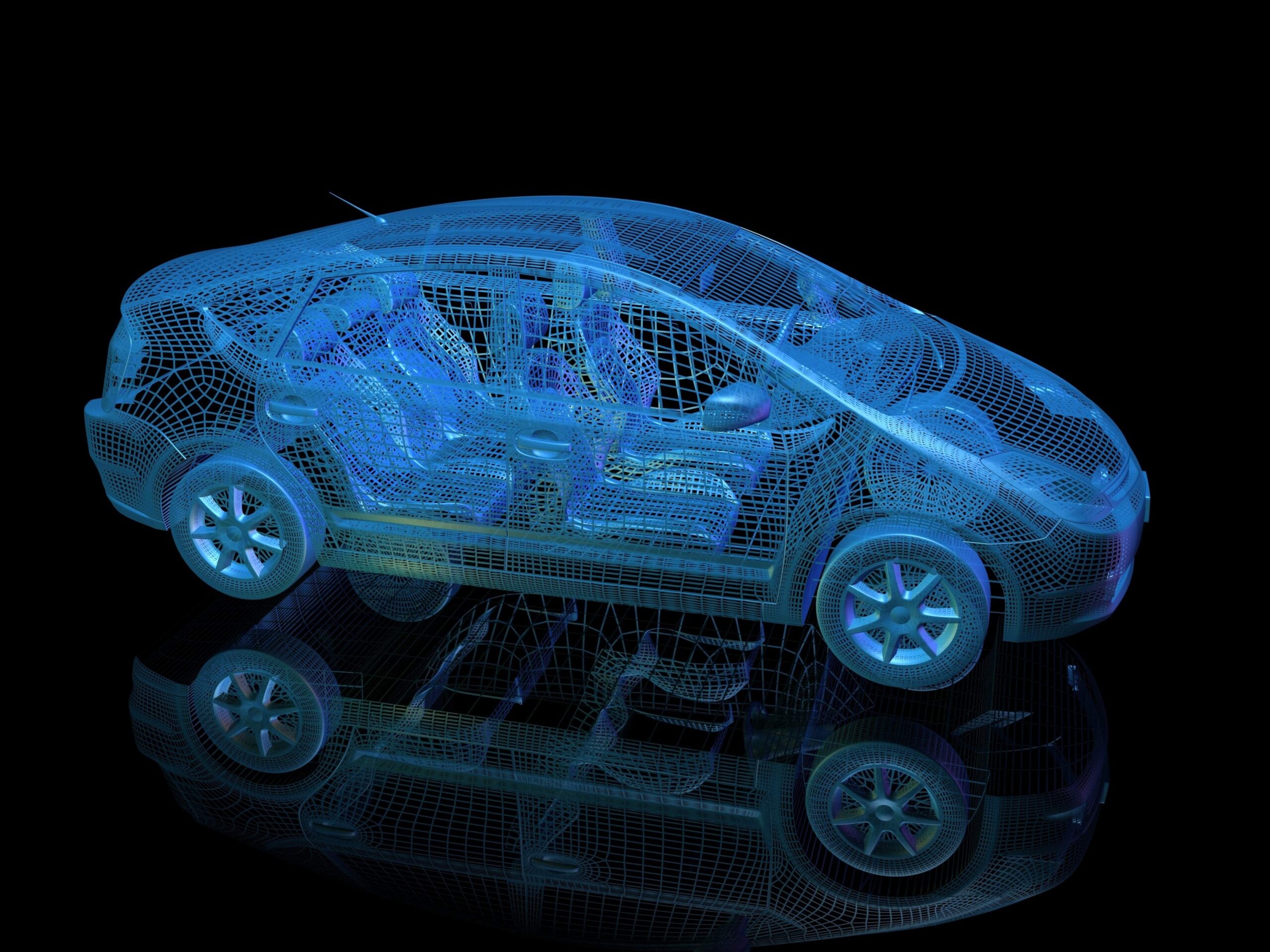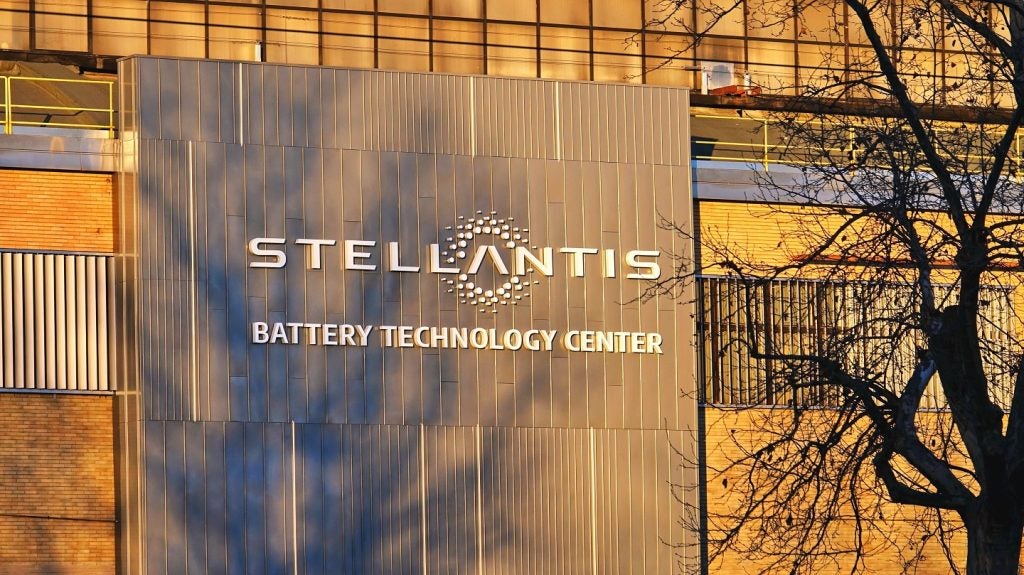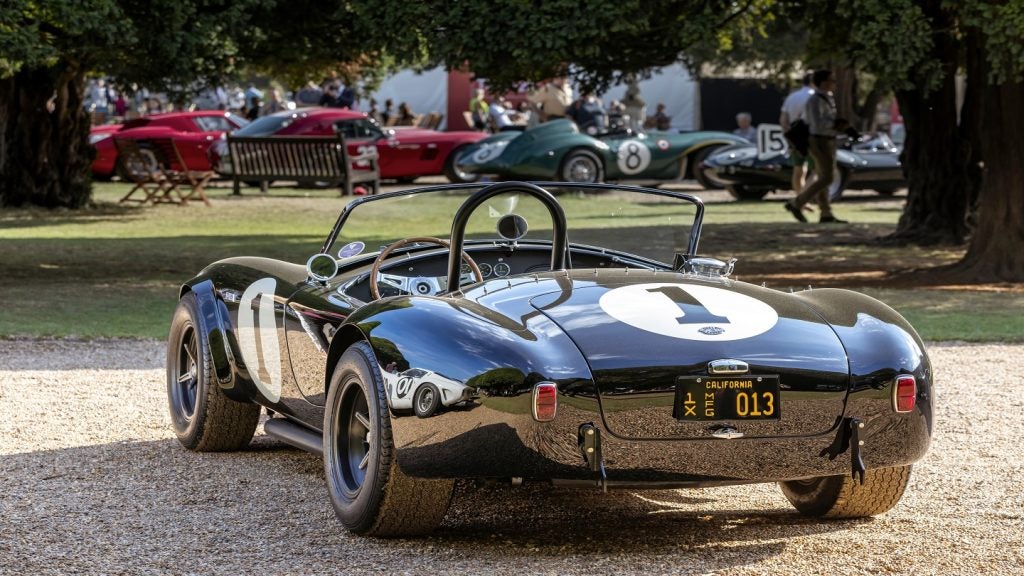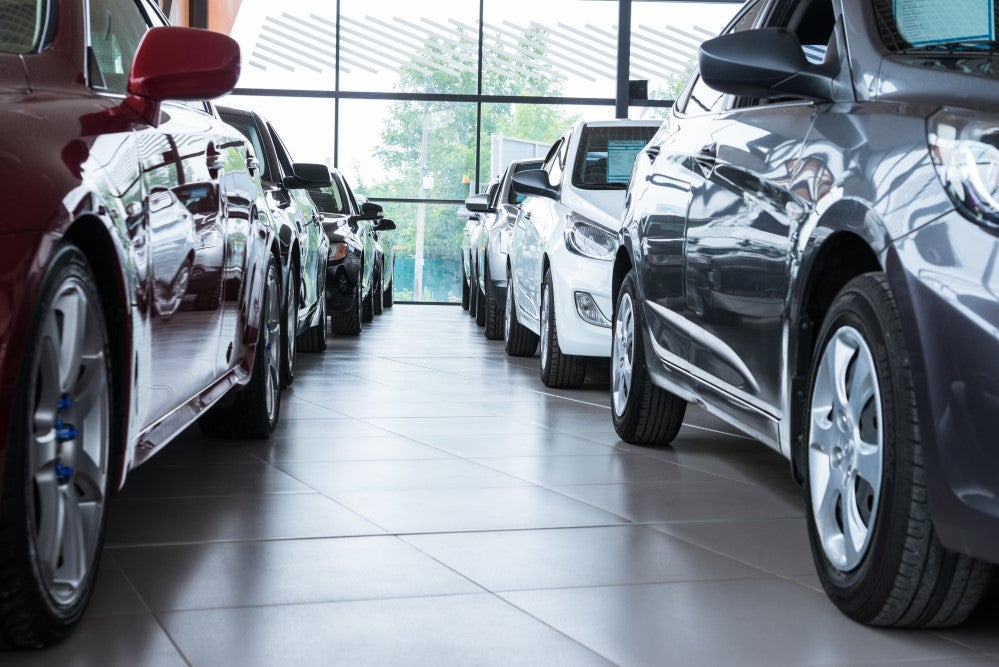
Most executives in the global auto industry believe that retail car outlets can only survive if they transform into “service factories” or used car hubs, according to a KPMG survey.
80% of the executives surveyed thought that the growth of digital channel sales, centralised data processing for connected cars, and a mismatch between distribution costs and retail sales will make brick-and-mortar networks increasingly redundant.
The only way for dealerships to retain efficiency in the future, executives concluded, was to expand their aftermarket role by becoming “universal service factories”. Alternatively, they could become used car hubs, though this would require OEMs’ to step up their physical outlet position if they want to grab a share of the margins.
EVs’ victory over diesel not certain yet
Regarding the technology powering future vehicles, over half of executives surveyed thought that battery electric vehicles (BEVs) risk failing commercially due to a lack of charging infrastructure and low autonomy.
The vast majority instead saw fuel cells as the technology that will push EVs to a breakthrough, with hybrid cars also taking more of a lead over BEVs.
BMW and Tesla were seen as the companies heading the EV push.
How well do you really know your competitors?
Access the most comprehensive Company Profiles on the market, powered by GlobalData. Save hours of research. Gain competitive edge.

Thank you!
Your download email will arrive shortly
Not ready to buy yet? Download a free sample
We are confident about the unique quality of our Company Profiles. However, we want you to make the most beneficial decision for your business, so we offer a free sample that you can download by submitting the below form
By GlobalDataHalf of consumers surveyed worldwide were also more likely to opt for buying an internal combustion engines (ICEs) or hybrid cars. Some 70% of consumers said they did not care about the technology behind their vehicle as long as it got them from point to point in the most efficient way.
Diesel will be able to brave “the current storm”, KPMG’s analysis stated, but at the cost of a strong segment differentiation: diesel will likely vanish from the small and medium car segment, due to increasing exhaust treatment costs, while keeping its lead position in the upper and premium segments.
Gary Silberg, automotive sector leader at KPMG, said: “There is no question that automakers are adapting to stricter vehicle efficiency standards around the world, and electrification is a big part of that equation even as manufacturers continue to squeeze MPG out of internal combustion engines.
“What’s unclear is the value proposition for consumers, especially on vehicles outside of the high-end, premium market. Given the multi-billion dollar investments (especially in China), the complex global regulatory environment and rapid technological disruption, there will be clear winners and losers in this EV game.
“Until the value propositions for alternative powertrains become crystal clear to them, consumers will make decisions based on convenience and the overall economics of owning a car – and right now a traditional vehicle still comes out on top for the vast majority of people.”







